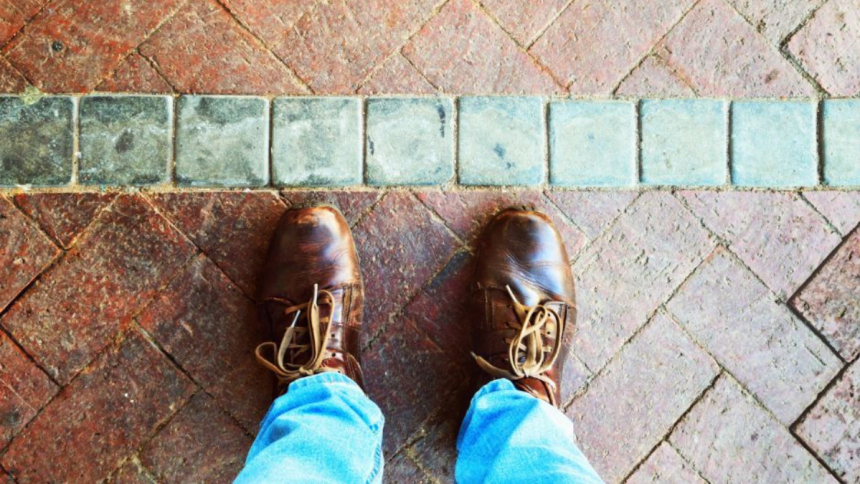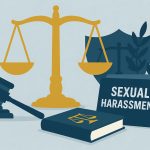Setting boundaries in recovery is not just important. It is essential to building your mental health and building a more stable and fulfilling life. For individuals in addiction recovery, boundaries serve as personal guidelines that help protect their energy, progress, and mental well-being. Whether you are navigating early sobriety or years into your recovery journey, boundaries help you stay focused, safe, and emotionally grounded.
Why Healthy Boundaries Matter in Recovery
Developing healthy boundaries in recovery is a crucial step in protecting your well-being. It also helps you avoid relapse and prioritize self-care. During active addiction, boundaries are often blurred, sometimes ignored entirely. People may have taken advantage of your time, energy, or trust, and you may have crossed boundaries in return. Maintaining healthy boundaries helps correct these patterns, teaching you to say no without guilt and yes without losing yourself.
Without healthy boundaries, it is easy to fall into unhealthy dynamics, burnout, or emotional chaos. With them, you create a foundation of self-respect, self-awareness, and self-worth. These are key pillars of recovery.
How to Create Healthy Relationships Through Consistent Boundaries

One of the primary benefits of establishing healthy boundaries is the ability to foster healthy relationships. Whether you are dealing with family members, friends, or a trusted friend in a support group, clear boundaries help you respectfully communicate your needs. This might include:
- Asking for space when you need it
- Declining invites that could trigger cravings
- Setting limits with people who have unacceptable behavior
Healthy relationships are built on mutual respect, safety, and emotional clarity. By setting healthy boundaries, you create space for deeper connections and genuine support.
Emotional and Internal Boundaries
Emotional boundaries help you distinguish your feelings from those of others. During mental health treatment, you might become more sensitive to triggers, drama, and the emotional needs of others. Without firm emotional boundaries, you can quickly absorb the stress and negativity around you. This is something that can derail your healing.
Internal boundaries, on the other hand, are about managing your behaviors and choices. That includes setting rules for how you handle your time, impulses, and personal needs. These boundaries help you build discipline, practice self-care, boost self-esteem, and create a stronger foundation for long-term growth.
Physical and Mental Boundaries in Addiction Recovery
Physical boundaries include protecting your personal space, saying no to physical touch, or avoiding locations that are tied to substance use. Reaffirming your physical boundaries and expecting others to respect them is vital to maintaining your safety and sense of control in recovery.
Mental boundaries, on the other hand, focus on safeguarding your thoughts, beliefs, and emotional well-being. In recovery, you may encounter people who challenge your values or pressure you to return to old behaviors. Having strong mental boundaries allows you to stand firm in your decisions, stay focused on your goals, and avoid emotional manipulation.
Conclusion: Healthy Boundaries in Addiction Recovery are Vital

Boundary setting is not selfish. It is a form of self-love and protection and can serve as a way to build healthy relationships. As you move toward the recovery process, your needs will change, so should your boundaries. Whether it is distancing yourself from certain people, practicing time boundaries, or redefining your emotional limits, boundaries help you stay aligned with your goals and healing.
If you or someone you love is struggling to establish healthy boundaries in early recovery, a structured support system, like a professional drug rehab center in Massachusetts, can provide the tools, guidance, and accountability needed to build lasting change.
Lynn Martelli is an editor at Readability. She received her MFA in Creative Writing from Antioch University and has worked as an editor for over 10 years. Lynn has edited a wide variety of books, including fiction, non-fiction, memoirs, and more. In her free time, Lynn enjoys reading, writing, and spending time with her family and friends.















